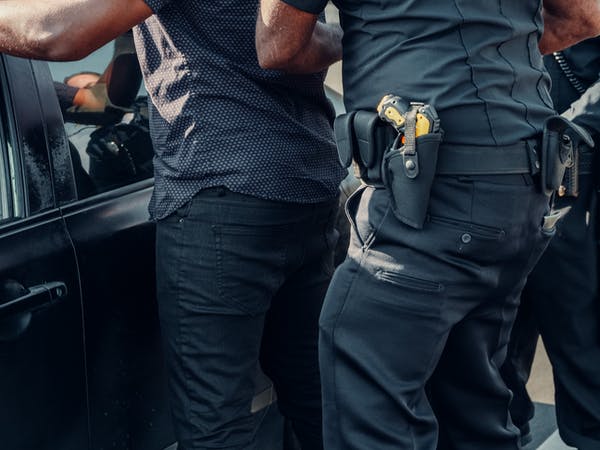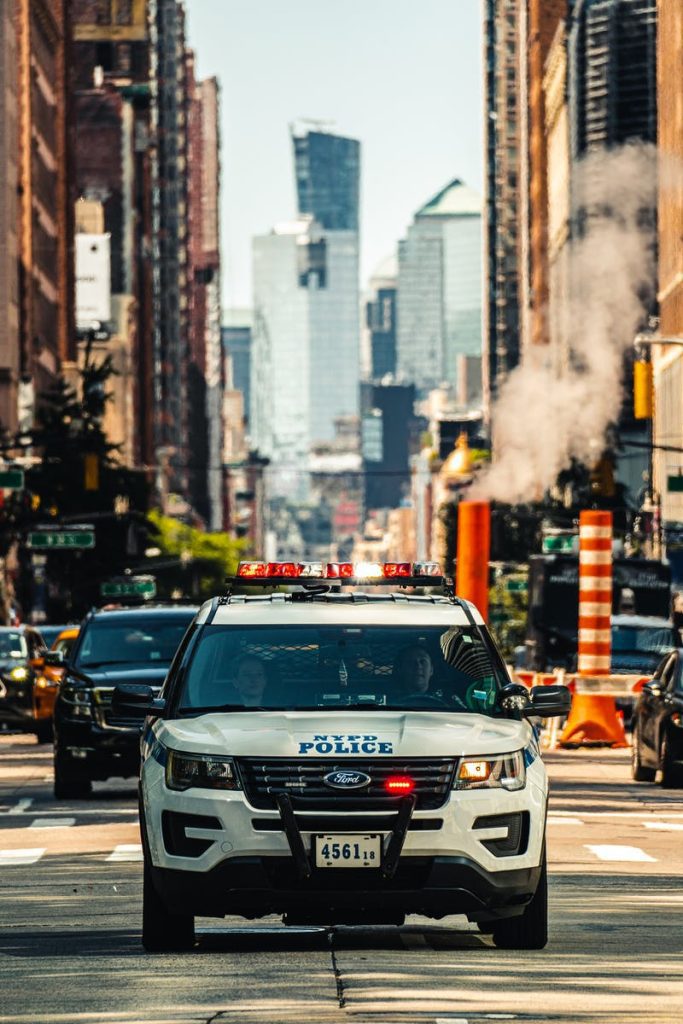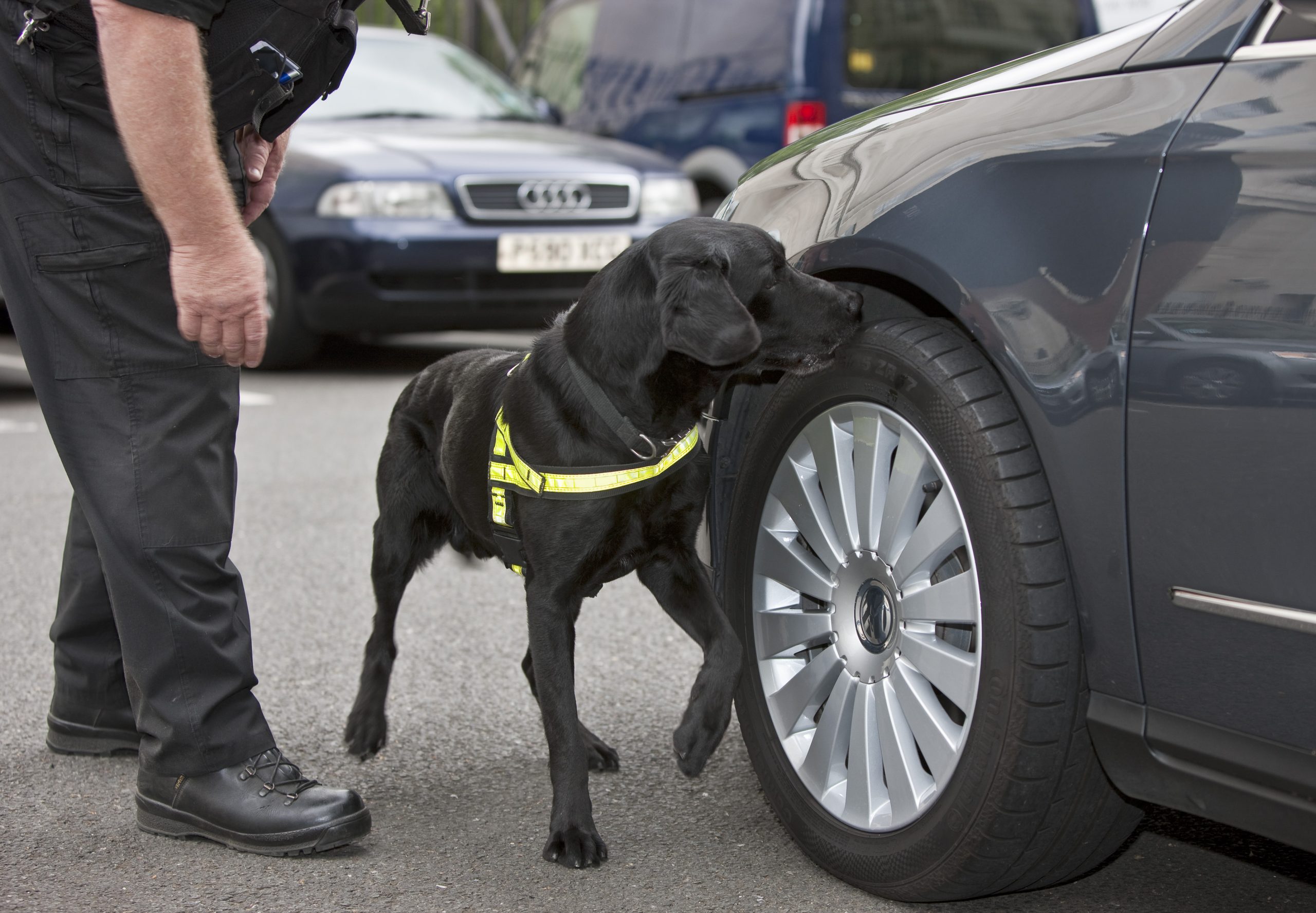Under the Fourth Amendment to the U.S. Constitution, the police generally need a search warrant or consent to search a person’s motor vehicle, including cars, trucks, motorcycles, bicycles and boats. When the police obtain a valid warrant or consent to search a person’s car, they can search without showing reasonable suspicion or probable cause.
Do police have to get consent to search a person’s car?
Of course, a person does not have to consent to a police search of their car without a warrant. People should clearly state their refusal when declining consent to avoid confusion and protect their rights.
But, without a warrant or valid consent, the police can still lawfully hold a person’s car for a reasonable amount of time while seeking a search warrant from a court. Moreover, the police can proceed with searching a car without a warrant or consent under certain circumstances.
For example, police routinely conduct an inventory search. When police have a valid reason to tow and store a car, they must record what’s inside. Such an inventory search creates an official record of vehicle contents and is not meant for investigatory purposes or gathering evidence.
However, police often find incriminating items during an inventory search, which they may seek to use in a subsequent criminal case.

Can police arrest someone while searching a person’s car?
During a traffic stop, the police often hang their hat on probable cause based on tangible suspicion of contraband or other evidence of a crime in the car. For example, if an officer gets a whiff of drugs or observes paraphernalia during a routine traffic stop, that can provide probable cause to search the car for contraband.
When arresting the driver or a passenger, police can search the passenger compartment as a search incident to arrest. The passenger compartment generally includes all containers (open or closed) and storage areas (glove box, center console) but not the trunk. A search of the passenger compartment incident to arrest is generally reasonable to ensure police officer safety and preserve evidence.
Another scenario occurs during a DUI or DWI arrest. For example, if police find a gun in the car during an incidental search after arresting a DUI suspect, they can use that evidence. The DUI suspect can face charges for unlawful possession of a firearm even though the police found the gun without a search warrant.
Many courts have upheld such warrantless on-the-scene car searches where officers almost stumble upon contraband or evidence of a crime. Other courts condemn such a warrantless search of a car without probable cause, especially where no one poses a safety threat to the police or the evidence.

What else can police during the search of a car?
A protective sweep for officer safety may be allowed when there is a reasonable suspicion a driver or passenger is dangerous and may gain immediate access to weapons. But it should not serve blanket permission to search even when there is no apparent danger.
When contraband or evidence of a crime is in police officers’ plain view, courts have ruled that officers did not conduct a search that violates the Fourth Amendment. So, when an officer stops a car and notices a gun on the passenger seat, for example, there’s been no Fourth Amendment search.
The rationale is that a person cannot hold a reasonable expectation of privacy protected by their Fourth Amendment rights for an item left in plain view on the passenger seat of a car.
The Takeaway:
Police can search a person’s car with a warrant or with consent. But you don’t have to consent to a search under any circumstances. As long as you give police your name, your driver’s license, your registration, and proof of insurance, you do not need to say or do anything else.






